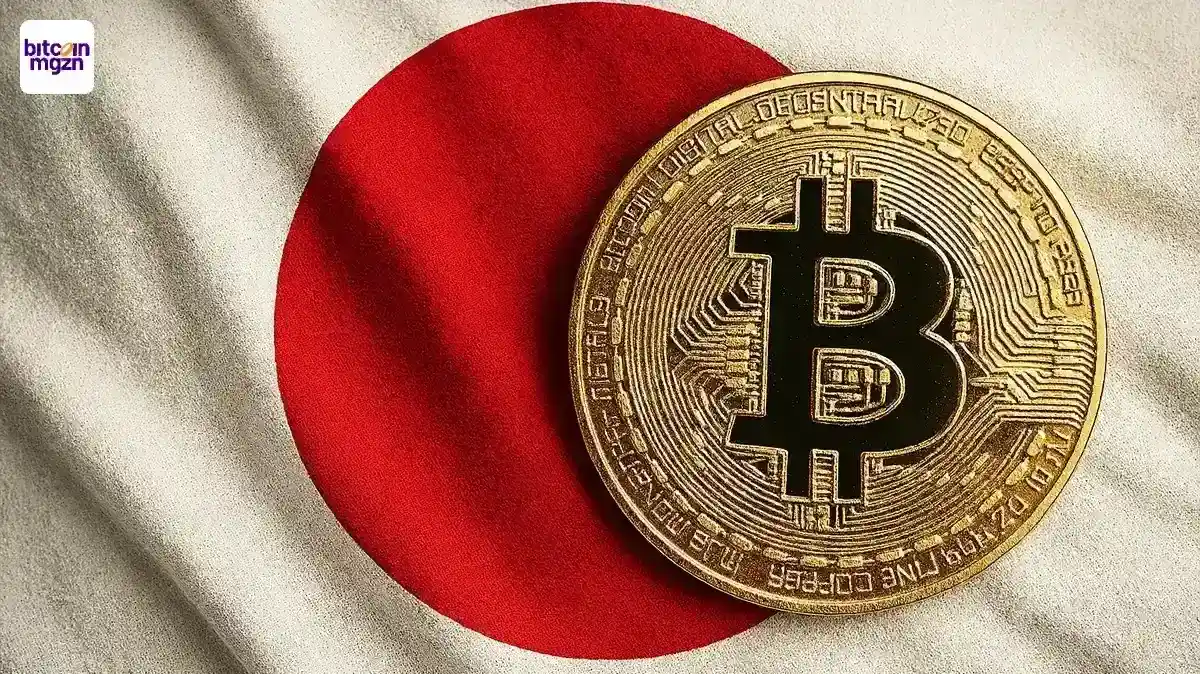Japan is navigating a crucial period in its economic journey, with signs of recovery appearing for the first time in decades. The country’s government finances are reportedly improving, and the budget deficit, as outlined by the investment bank Morgan Stanley, is nearly eliminated as of the first quarter of 2025. This development raises pertinent questions regarding the wider implications for the financial landscape, particularly for cryptocurrencies like Bitcoin.
Economic Indicators Shifting
For years, Japan has struggled with deflation, stemming from the collapse of its real estate and stock market bubbles in the early 1990s. Since then, a cycle of low growth and declining prices necessitated government interventions to keep the economy afloat, leading to a staggering national debt that has exceeded 250% of its gross domestic product (GDP).
However, a marked change is underway as inflation rates began to surpass the government’s target of 2% for the third consecutive year. This inflationary shift, coupled with rising wages, is providing the government with increased income from taxes on consumption and wages. The International Monetary Fund (IMF) has indicated that the national debt is now approximately 235% of GDP, showcasing a degree of fiscal improvement.
Political Realities and Risks
Despite these improvements, experts caution against excessive optimism. The recent electoral setback for the ruling Liberal Democratic Party raises valid concerns about populist policies that may jeopardize fiscal stability. Coupled with constraints on consumer spending and a lower savings rate among households, any governmental plans for increased spending or tax cuts could deter the fragile financial recovery.
Furthermore, a rise in interest rates on long-term government bonds recently peaked at 3.21%, reflecting anxieties among investors about the high level of sovereign debt. Economists speculate that this could suggest reduced demand from pension funds and insurers, who already hold substantial amounts of long-term paper.
Geopolitical and Economic Vulnerabilities
Japan’s economic landscape remains susceptible to geopolitical tensions, especially with ongoing competition from China and potential new tariffs from the United States, factors that add layers of complexity to the recovery process. The Bank of Japan has maintained a low-interest rate of 0.5% to avoid undermining the current economic momentum.
Analysts emphasize the importance of seizing this moment. As long as inflation boosts income, there exists an opportunity to manage the outstanding debt. However, the window for capitalizing on this situation is limited. If the government needs to issue old debts under a higher interest rate environment, the surges in interest payments could reverse any progress made.
Potential Impacts on Bitcoin
The ripple effects of Japan’s economic adjustments may extend beyond government bonds and currency fluctuations, impacting Bitcoin and other digital currencies. Given Japan’s status as one of the world’s largest markets for cryptocurrencies, changes in investor confidence could significantly alter the digital asset landscape.
Two possible scenarios for Bitcoin emerge as Japan’s situation unfolds:
- Scenario 1: Economic Stability Leads to Risk Aversion
Should Japan continue to decrease its debt while maintaining economic stability without new stimulus measures, the confidence in traditional currencies, such as the yen and government bonds, might strengthen. In this case, Bitcoin could see a temporary decline in interest as institutional investors reduce their exposure to riskier assets. - Scenario 2: Stagnation and Rising Inflation Favor Bitcoin
Conversely, if inflation diminishes while economic growth falters and interest rates rise, Japan might slip into a form of stagflation. This scenario could potentially elevate Bitcoin’s status as a hedge against economic instability, with a migration of capital toward digital assets becoming likely, particularly among younger investors facing diminishing purchasing power.
In summary, Japan’s fiscal advancements come with both opportunities and challenges. The road ahead requires vigilance as the nation balances improving economic indicators against the backdrop of political and global pressures—all while determining what it ultimately means for the future of digital currencies like Bitcoin.


